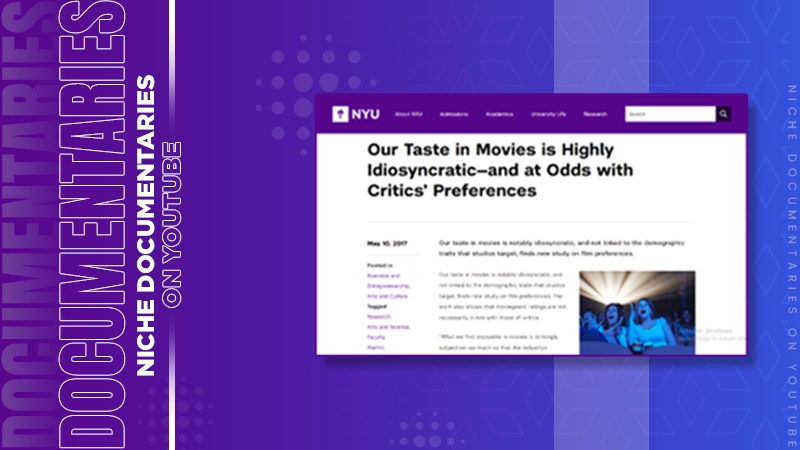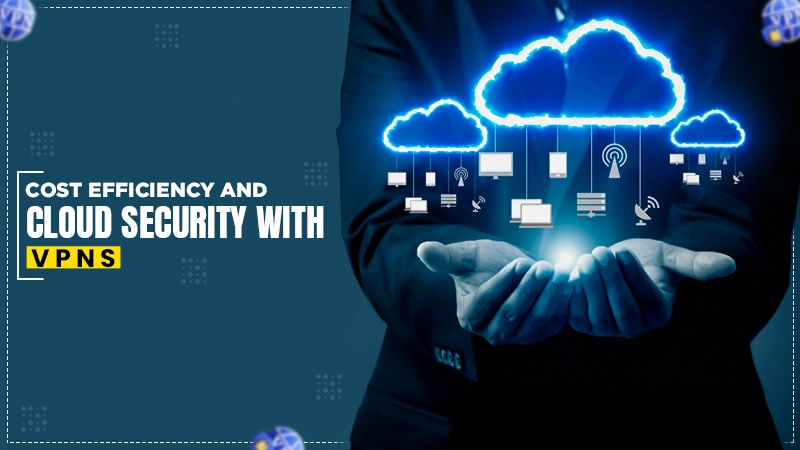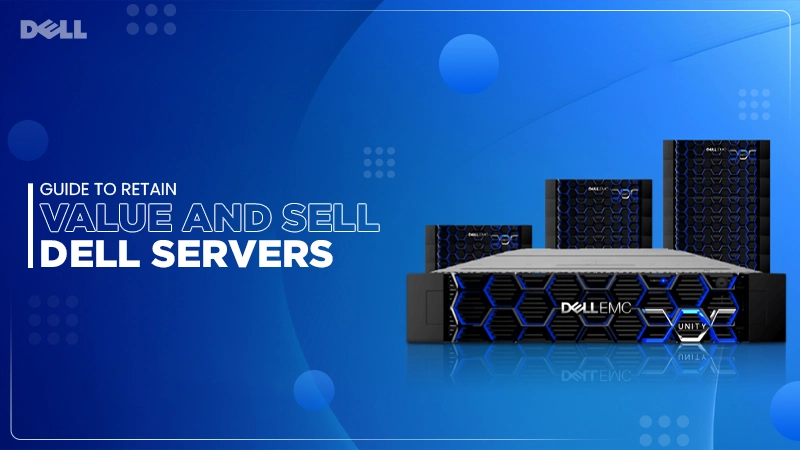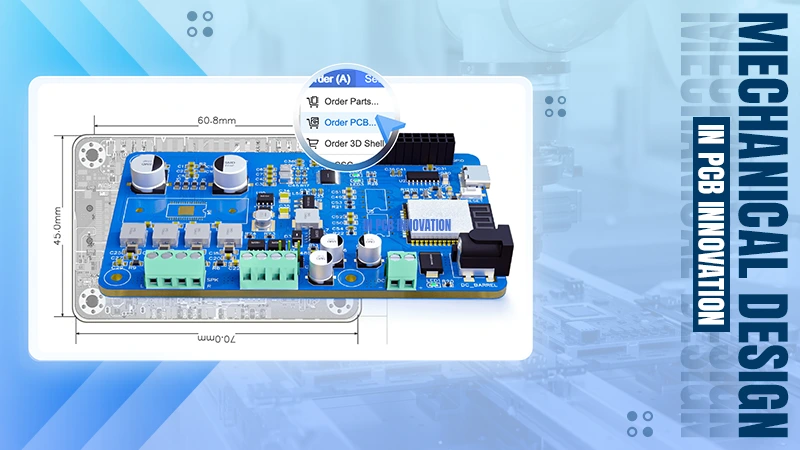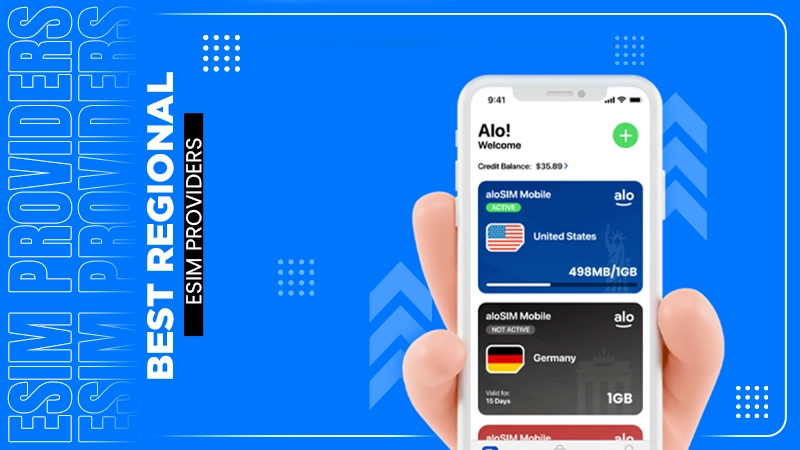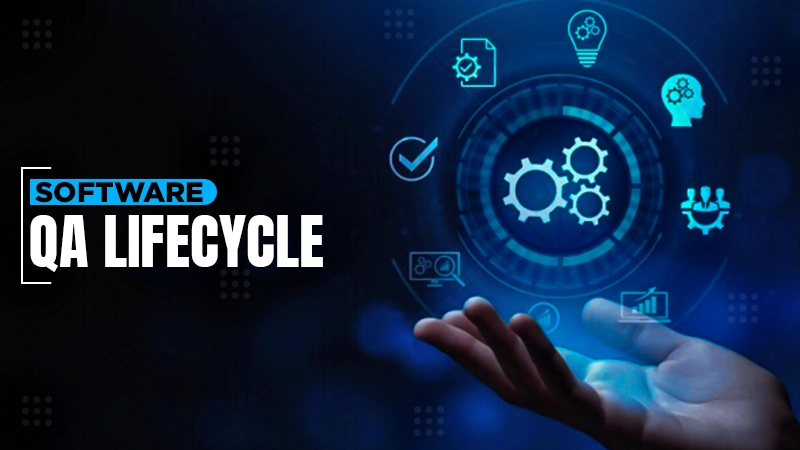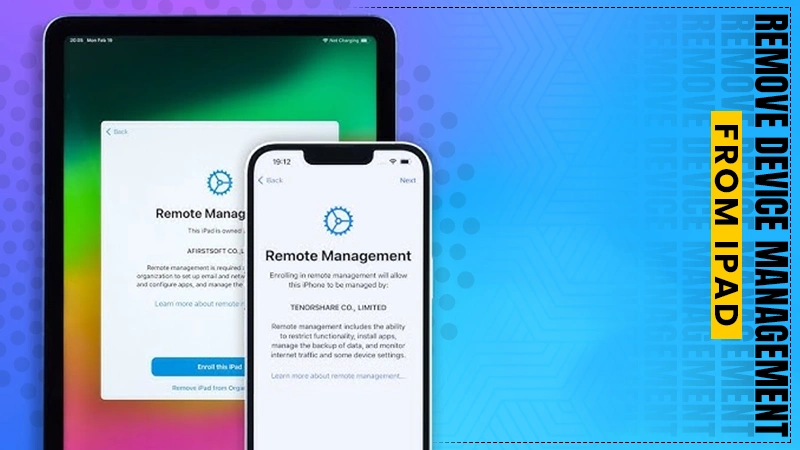15 Key Cybersecurity Features of Private Cloud Contact Centers
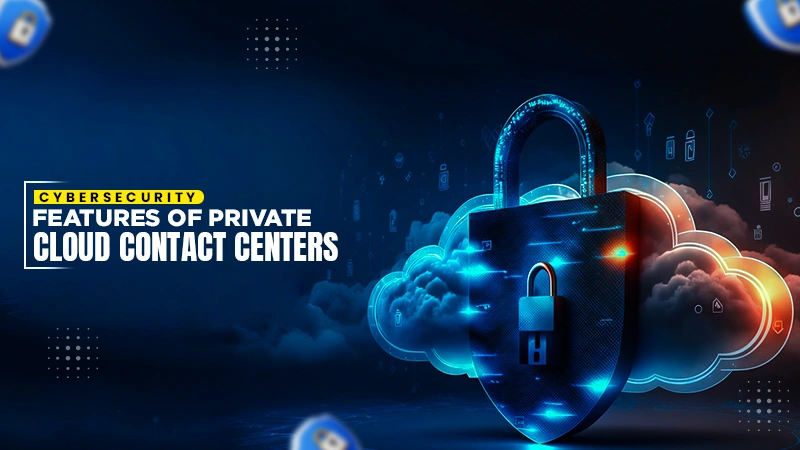
If you’ve ever tried your hand at managing and running a cloud service, you know just how important it is to have proper cybersecurity measures in place to make sure that your business runs smoothly.
You know, call centers deal with some pretty sensitive information, and we all know just how enticing this data is for hackers and cybercriminals alike.
This is why many private contact centers have strong security measures in place to protect this data.
In this blog post, we will take a look at some of the cybersecurity features that private contact centers use to protect their company as well as their sensitive data from criminals.
DID YOU KNOW?
More than 73% of cloud contact centers say that the ability to increase uptime is the main reason they use the cloud.
Data Encryption
With how much data private contact centers deal with, they need a way to keep it secure so that no one from outside can read it easily.
Data encryption helps them protect this sensitive data with the help of a strong encryption protocol.
Encryption allows them to lock up this data while it is in transit and only those with the key or access can view these files.
Access Management
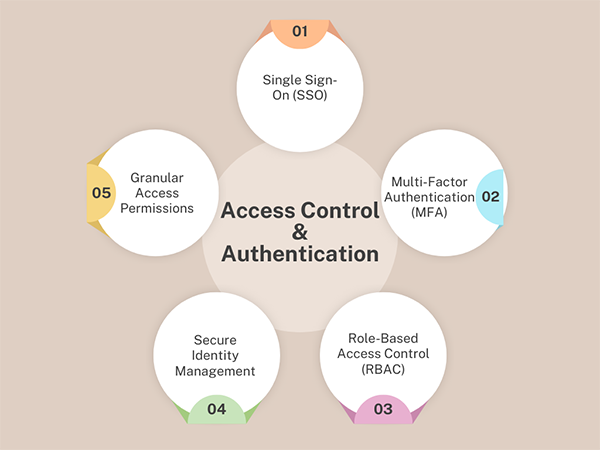
Another cybersecurity master that most private cloud contact center solutions use is that they control the number of people who have access to their systems.
By using strict access control policies and strong authentication, along with good encryption, private contact centers can make sure that no one other than the allowed people can have access to specific files.
Real-Time Monitoring and Analytics
Private cloud contact centers all come with a dashboard that allows them to take a look at real-time information on all kinds of data.
This way, they can make faster and better strategic decisions to improve their overall security and optimize their customer interactions.
Network Segmentation
Many large private contact centers use network segmentation to divide their network systems into smaller sections and subnets.
This allows each segment of the network to act as a stand-alone system, and this also allows them to have more control over the traffic that flows into their systems.
Firewalls and Intrusion Detection Systems (IDS)
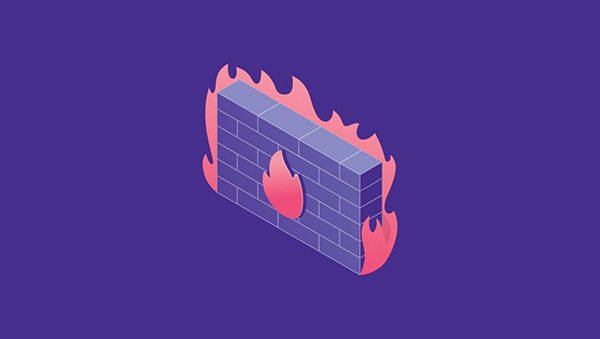
Private contact centers have many services that run on the cloud. They need a way to protect their systems from unwanted intrusion and hacking attempts.
Firewalls and intrusion detection systems are both kinds of network security tools that these services use to protect themselves from cyber threats.
Firewalls pretty much work by analyzing packet metadata to determine if the incoming traffic is legit or malicious. This means that it can easily block traffic if it is from an unknown or suspicious source.
And, on the flip side, the intruder detection system works by monitoring the traffic for any malicious or suspicious activity. So, when the IDS detects any unusual activity on the network, it logs specific data, like the IP address, source, and other things, and locks them out of the system.
FUN FACT!
Most firewalls have strong logging features that help in auditing and identifying potential threats. Protection against various types of attacks: From DDoS attacks to unauthorized access attempts, firewalls are usually quite effective at stopping a wide range of attacks.
Regular Software Updates and Patch Management
Cyber threats keep evolving, and private contact centers need to protect their systems from the newest threats on the net. This is why many contact centers update and apply security patches to their systems regularly.
User Authentication and Strong Password Policies
You know, having a strong user authentication policy is like the first line of defense against any kind of online threat. A competent private contact center uses this to keep any unauthorized users out of their systems.
Privileged Access Management (PAM)
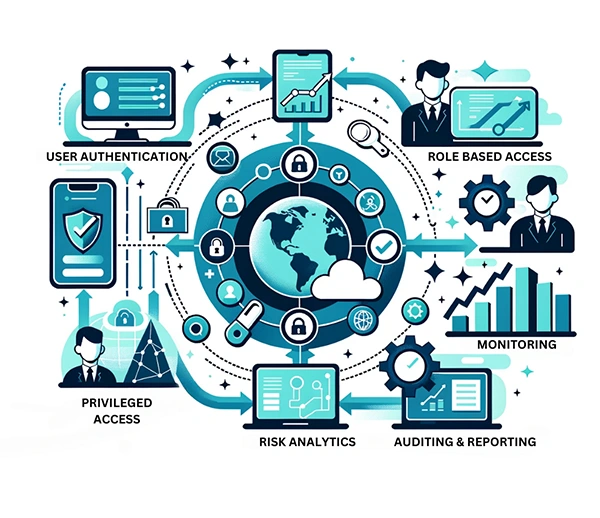
It is a cybersecurity measure that protects organizations from online attacks. It helps companies and online services monitor their systems and sort users based on privilege.
This system sorts and manages users based on levels. For example, users with low-level access can only see the types of data that they are allowed. Higher-level users can access more sensitive data.
Backup and Disaster Recovery
Did you ever wonder what would happen if a contact center got hacked? Well, as we can all imagine, most of their data would either become unusable or corrupt.
This is where data backups come in.
Most reputable contact centers regularly make backups of all their data so that they can resume their business as normal if they lose any data because of file damage, data corruption, an online attack, or some other reason.
API Security
You know, private cloud contact centers run using APIs most of the time. Protecting APIs is a pretty major concern for these services.
This is why most organizations running on APIs use API security to protect their backends and mobile frameworks from collapsing due to attacks.
Security Awareness Training
While having systems in place to protect your company from cyber threats is important, it is just as important to train your employees in the best practices for safe online behavior, too.
Private cloud contact centers regularly hold training sessions to train their employees on the best security practices in the industry.
This way, the likelihood of a security breach happening at the employee level is reduced by a lot.
Incident Response Plan
An incident response plan is for those times when a contact center really becomes a victim of a hacking attempt or a data breach.
This plan makes sure that organizations are prepared to respond to any kind of security threat, protect their data, and finally restore normal operations as soon as possible.
Compliance and Regulatory Adherence
Regulatory compliance and adherence help organizations make sure that they follow all the laws and regulations in their day-to-day operations.
Private cloud contact centers need to make sure that they are always in compliance with local laws and regulations. This way, they can avoid some hefty fines and penalties.
Secure Remote Access
Secure remote access is a way to allow private contact centers to manage authorized access to their systems from anywhere in the world.
This way, they can continue providing service even if their servers go down locally. And, by adding virtual private networks (VPNs) to their services, they can make sure that their users remain anonymous and secure online too.
Cloud Access Security Brokers (CASB)
This is basically like a security enforcement point that is placed between the contact center and the customers to make sure that security policies and compliance regulations are met.
This system helps cloud contact centers make sure that their data is protected and in compliance across devices.
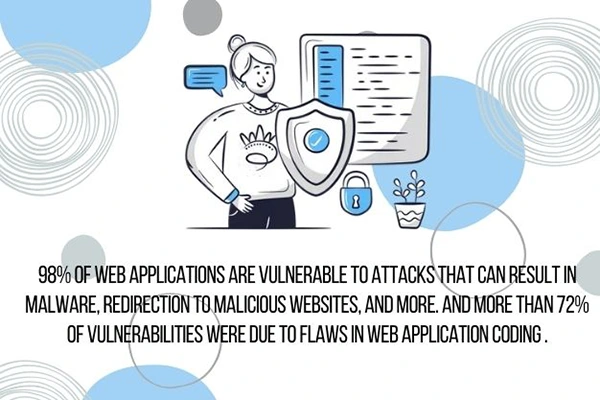
Conclusion
Contact centers deal with a ton of sensitive client and business data all the time. Private cloud security plays a pretty major role in helping these centers protect their data from online threats.
By practicing the security measures listed in this blog post, private cloud contact centers make sure they protect their online safety and security while still being able to keep their services up and running no matter the situation.
Also Read: SUV vs. Sedan – Which is Safer
